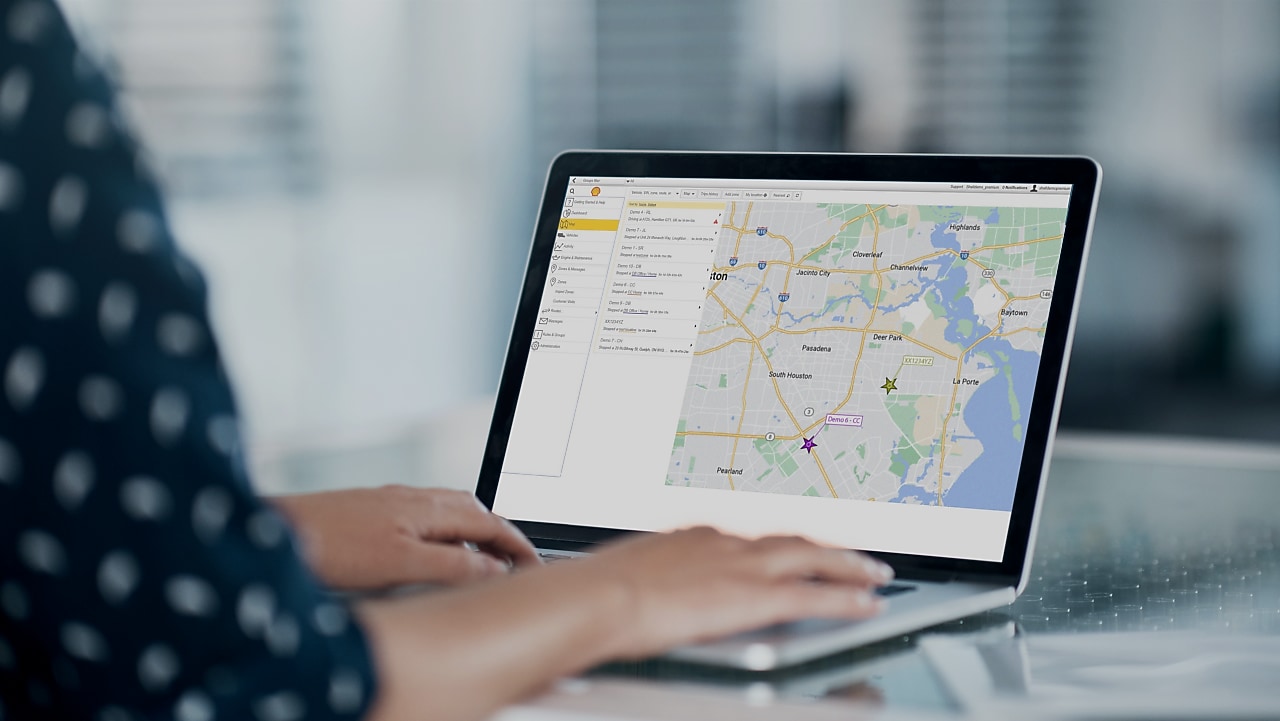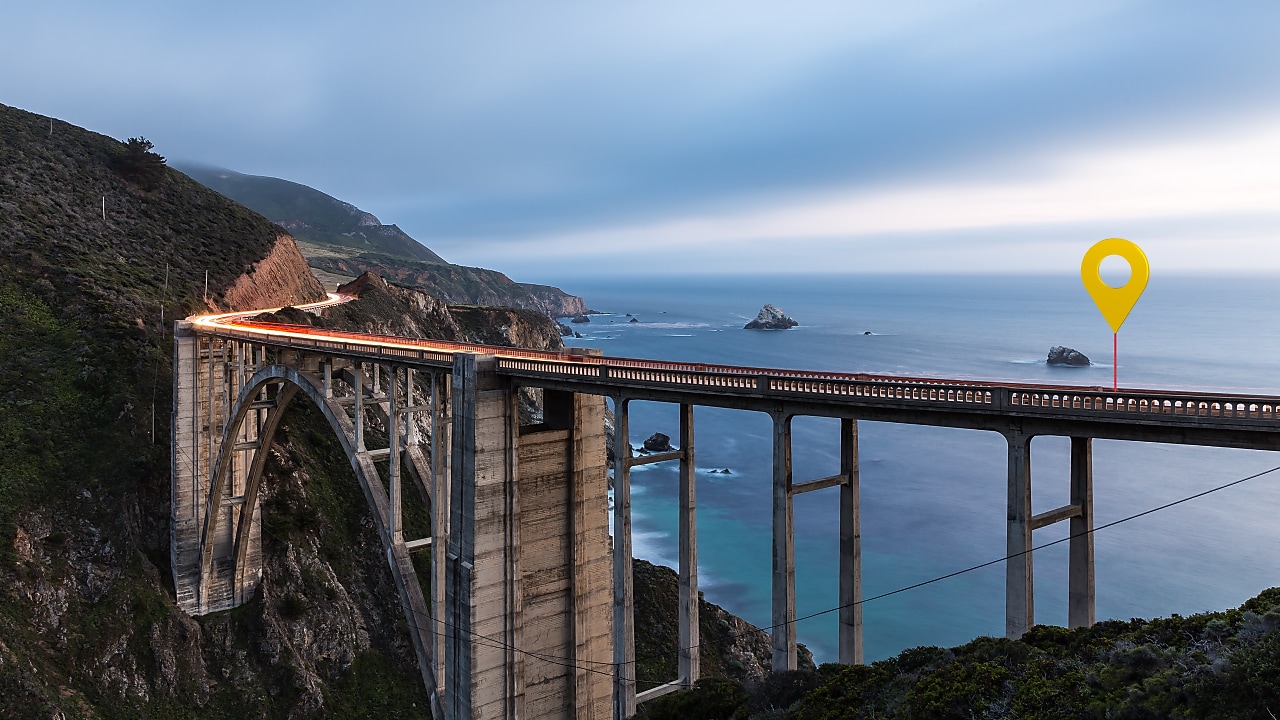
Fleet Management: Efficiency
It’s not always about where you’re going, but how you get there. For today’s fleets, journeys need to be as efficient as possible. Every fleet is different, however, which is why Shell Fleet Solutions offers an individualized approach to keeping your business running, delivering a tailored approach as a trusted consultant with proven expertise in both minimizing environmental footprint as well as operational costs.
How should fleets best approach efficiency?
Amid a growing number of government requirements and the rising importance of environmental, social and governance (ESG) goals, fleet managers are increasingly responsible for more efficient outcomes. 21% of companies have made a formal commitment to decarbonization via a key performance indicator.* With a lot of options to choose from when it comes to decarbonization, it can help to review your business’s carbon footprint and how emissions can be:
- Avoided: Removing emissions from your operation by cutting down overall vehicle mileage.
- Reduced: Lowering emissions intensity through access to cleaner fuels or mobile delivery.


Thinking of switching your fleet to electric vehicles (EV)?
Switching to electric vehicles (EV) can help reduce costs and boost efficiency, ultimately delivering a more productive fleet overall. But with so many areas to consider, you might be best served by working with a dedicated consultant who can provide a one-stop shop for all your EV needs. If your fleet is ready to go electric, let one of our fleet experts help walk you through the process, by helping to:
- Identify the best vehicles for your business
- Selecting the appropriate charging stations
- Performing an infrastructure assessment
- Recommending software and hardware choices
- Outlining current and future state EV incentives

Ready to fast-track the decarbonization of your fleet?
Our new Accelerate to Zero program takes the guesswork out of decarbonization by combining Shell Fleet Solutions’ consultancy and range of end-to-end mobility solutions and designed to help you map the best route to take to reach your fleets unique decarbonization goals.
How Shell can help
Whether you’re looking for ways to optimize your current vehicles or considering switching your fleet to electric, our end-to-end range of solutions can meet you at every stage of your decarbonization journey.
How our end-to-end solutions can help your fleet
*Shell Fleet Solutions Global Segmentation. Kantar 2022


